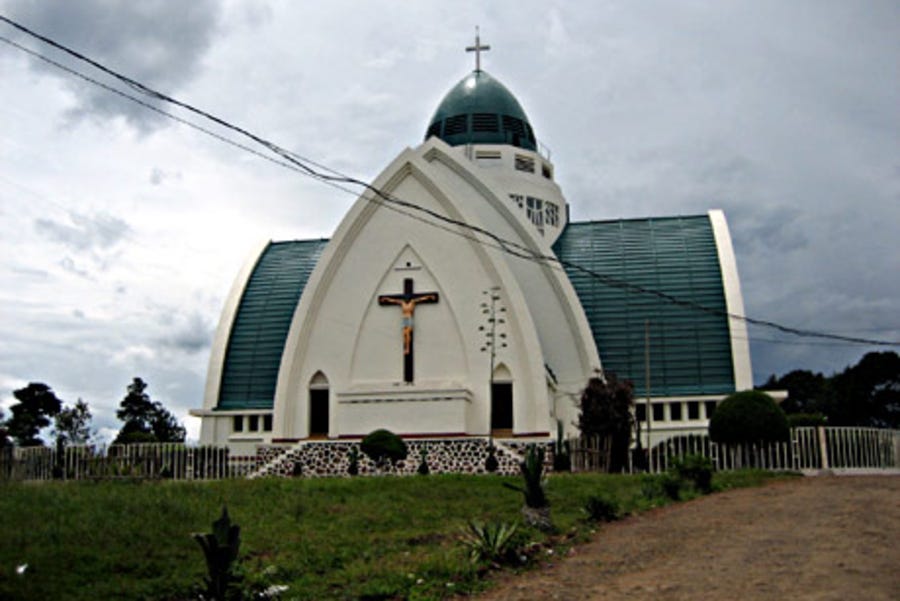Bodies found in church and bishop robbed amid DRC upheaval
'Let us leave ourselves in God’s hands'
Trouble continues to flare in the eastern Democratic Republic of the Congo, with the robbery of a Catholic bishop, and reports that more than 70 bodies were discovered inside a Protestant church in the country.

The pontifical fo…
